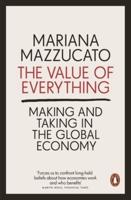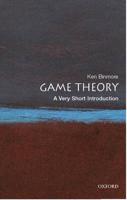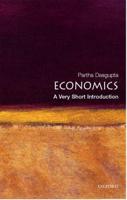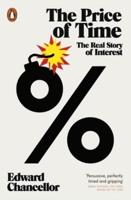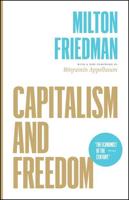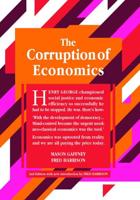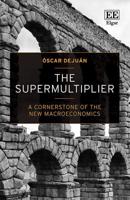Publisher's Synopsis
Current systems are failing the poor because these systems are unable to provide the financial inclusion needed for basic subsistence and commerce, which in turn would drive micro- and macro-economic growth. This book introduces the reader to a new way of thinking about how value can be created, captured, measured, and understood, economically and financially, and within the context of social contracts. It underscores the need to revisit such models through technological advancements, namely, Industrial Revolution 4.0, in order to solve pressing global issues such as economic inclusion and poverty eradication.
The book proposes that for humanity to make the leap forward and for any real sustainable development to occur, the world needs a disruptive approach to value creation using currency systems, considering that currencies underpin value exchange. This disruption will result in a level of decentralization that facilitates peer-to-peer value exchange and drives financial inclusion, all of which should be underscored by a new, digital social contract. The author asserts that a time-based digital currency could address these issues by creating a new and truly inclusive currency model that allows economies to gain more value than previously possible. In addition, by leveraging 4IR technologies, a currency system can be designed where each unit of money accurately reflects the context and range of socio-economic factors that influence each human interaction.
This book is aimed at futurists, technologists, researchers, policymakers, and anyone that is curious about how technology could make a difference in our collective futures. It cuts across a range of subject areas from economics, finance, philosophy, innovation to social development and takes an interdisciplinary approach to present a logical framework and theoretical foundation for the monetization of time as a digital currency.




